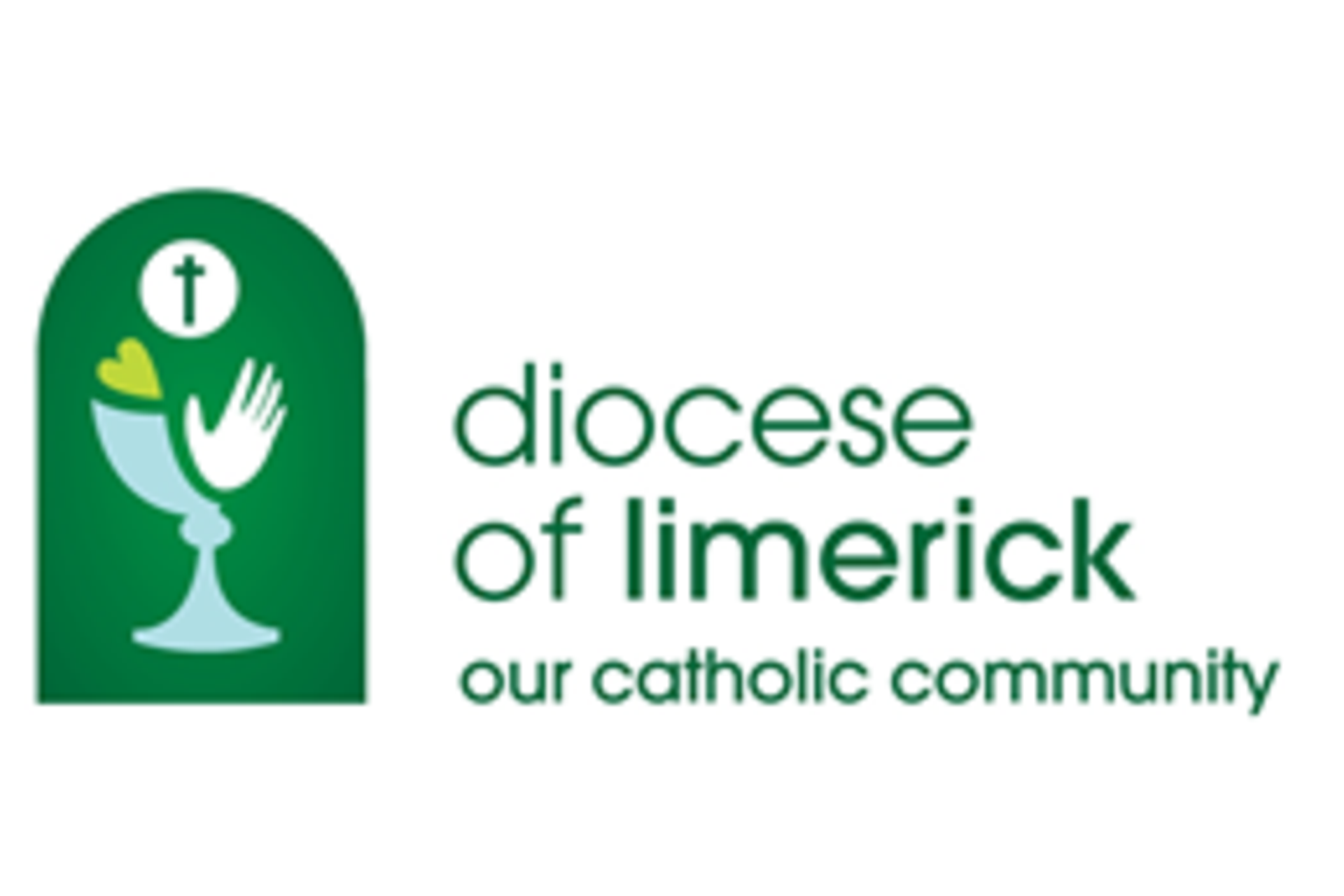- 31
- Oct
- 2021

Year B. Thirty First Sunday. Parish of the Holy Rosary
A few Sundays ago we had the story of the rich young man meeting Jesus and asking about the meaning of life. Today we have a scribe again coming with a basic question – how are we to relate to God? Jesus’ reply is interesting for a number of reasons.
First, we might have expected Jesus would talk about the 10 commandments. Elsewhere he does indeed speak of them. But today he goes into the Old Testament and picks out two other commandments (we know there were some 613 laws set out by Moses) and proposes these as his answer to the scribe. Jesus knows that it’s not enough in life simply to have a whole set of “do not’s” – do not kill, do not steal, do not commit adultery. Something more is needed to really motivate us. We need a positive focus. So Jesus provides that in his reply: “you must love”. Love who? Love God with all your heart, soul, mind and strength and love your neighbour “as” yourself.
Love has to be the motivating force not just now and then but always – love of God by trying to live the present moment, doing well with love and out of love the task you are doing in each moment – cooking, walking, writing, caring, cleaning, working… -- as an expression of the will of God; and loving your neighbour with the great measure of putting yourself in their shoes and loving them “as” yourself. That “as” is a wonderful measure.
A second point worth noting is that in his answer Jesus starts with the word “listen”. A quality of love is to listen. To listen to God in prayer and to listen to one another in our everyday relationships. Listening is never really easy because, if we’re honest, we always have certain filters in our mind, processing, analysing what others are saying to us, fitting what they’re saying into the “pigeon-holes” of our mind. To listen with a heart that welcomes the One we are listening to requires putting ourselves aside to make room for what the other person has to say. Jesus invited the scribe to listen. And to listen to what’s in the Bible. The answer Jesus gave to his question is, in fact, found already in the Bible. God has already given the answers to our questions in his Word. It’s as if Jesus is saying the scribe, “you already have the answers, read the Scriptures and listen to them”. Likewise, Jesus today also invites us to read Scripture and there we’ll find words that give us direction.
A third point. The scribe showed Jesus he had understood what he had said. He repeated it. To repeat Scripture is a good thing. The monks used always recommend that we repeat the words of Scripture to ourselves. As they put it, we need to “ruminate” on Scripture, almost “chewing over” the words, repeating them to ourselves. So the scribe was doing a good thing in repeating the Scripture and then the he added “this is worth more than all the holocausts and sacrifices”. This too is a sign of how much he had understood. He had grasped the essence of what the Christian religion is about – not so much sacrifices, the do-nots, the great projects, but rather it’s to do with the everyday love that is lived throughout the day in the small everyday ways. Jesus praises him, but notice what Jesus says “you are not very far from the Kingdom of God”. The scribe was not far but he hadn’t entered. It’s one thing to understand Christianity; it’s another to live Christian faith, to actually “enter” into a lifestyle that puts love at the centre.
One last point. This coming week and month, we will have a particular way to love God and our neighbour and that is to remember and pray for those who have died. There’s a lovely line in the funeral liturgy: “we believe that all the ties of friendship and affection which knit us as one throughout our lives do not unravel with death”. Heaven and earth are united and never more so than at the Mass. The love we have continues. Those gone before us now loving in a way that is perfect or being perfected and we continue to grow in the love poured into our hearts. Love continues. We can still love one another.
So it is good that in this country we still so fondly remember our loved ones who have died during November particularly, visiting their graves and having Mass celebrated for them. Maybe this year we can take the word “listen” to guide us. As we remember our loved ones who have died let’s “listen” to the impact their lives had on our lives – how they lived, what they said, phrases they used to use, the gems of wisdom they hard. Or perhaps there were even difficult situations that now can we try and listen to in a new way. Maybe God was saying something to us through those situations… To love our deceased is yet another way to love God and neighbour and so live out the two-in-one answer that Jesus gave to the scribe.